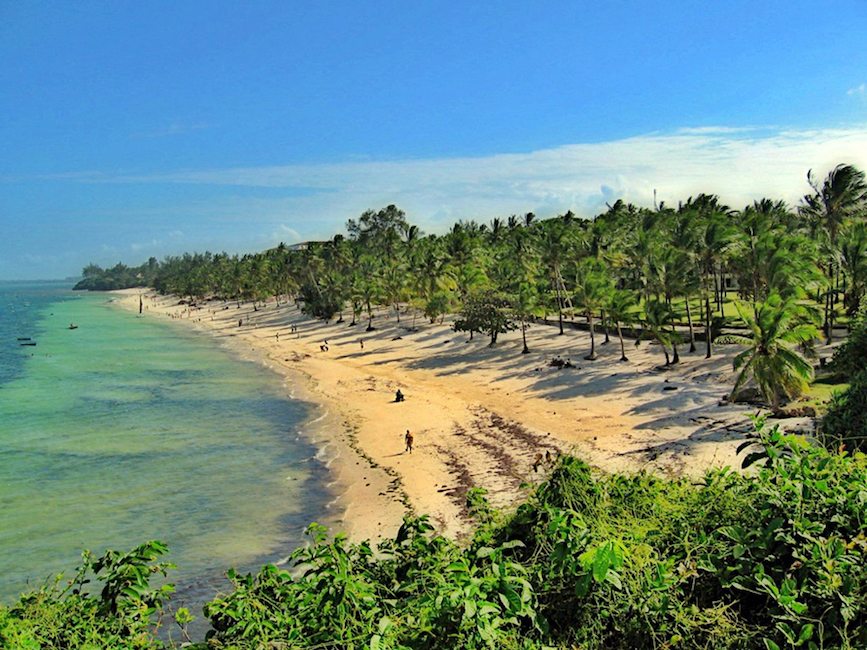This week’s first summit between Russia and Africa reflects the growing importance Africa now has on the global trading market and why it needs to be taken more seriously by the drinks industry.
Plotting and planning where the next growth markets are going to be for wine are a continuous headache for wine producers looking to expand exports. Be it opening up new markets, or spreading the risk in case business becomes more difficult in your more established countries, it’s vital to keep looking.
Which makes the latest Standard Chartered Trade20 Index, which analyses the countries it sees as being on the front foot in terms of expanding imports particularly worth reading. The report examines the economic conditions in 66 markets around the world, and then breaks them down into areas with the most potential growth.
To do so it looks at the country’s record over the last decade, across 12 separate variables, under three pillars: economic dynamism (which includes foreign direct investment, export and GDP growth); trade readiness (covering infrastructure, e-commerce, and ease of doing business); and export diversity (the range of exports).
Rise of Africa
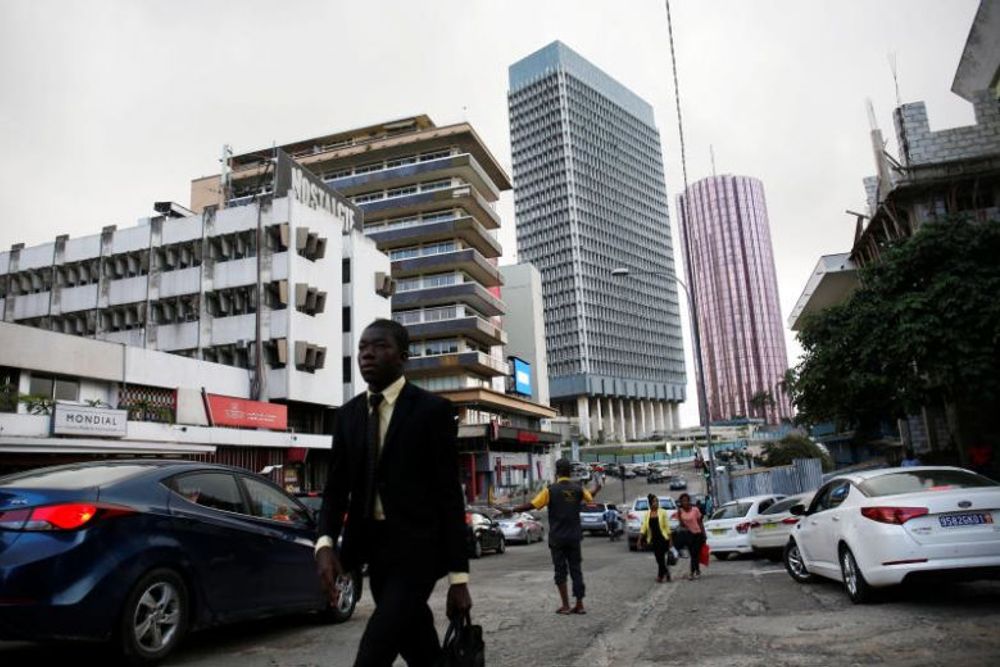
Ivory Coast tops Standard Chartered global analysis of the country with the biggest potential growth
The results are surprising with Africa taking two of the three spots. In pole position is the Ivory Coast, which is seen by Standard Chartered as having the biggest potential growth over the next 10 years. Closely followed in third position by Kenya.
The two are singled out because they are becoming the trading hubs for Western and Eastern Africa respectively. Countries that have benefited from increased investment in business infrastructure and the ability for multinationals to operate there. The Ivory Coast takes the top stop for both its impressive GDP, export growth and the fact it is attracting such large overseas investments. Kenya’s high score, it says, comes down to the “ease of doing business that far surpasses most other African nations in our study”. A third African country, Ghana, sits just outside the Top 10 Index countries.
Saif Malik, regional co-head for global banking at Standard Chartered, said Africa has clearly shown it is now one of the “world’s fastest-growing economies” and that it has “the potential to become a much bigger player on the global trade stage”.
Key to growth
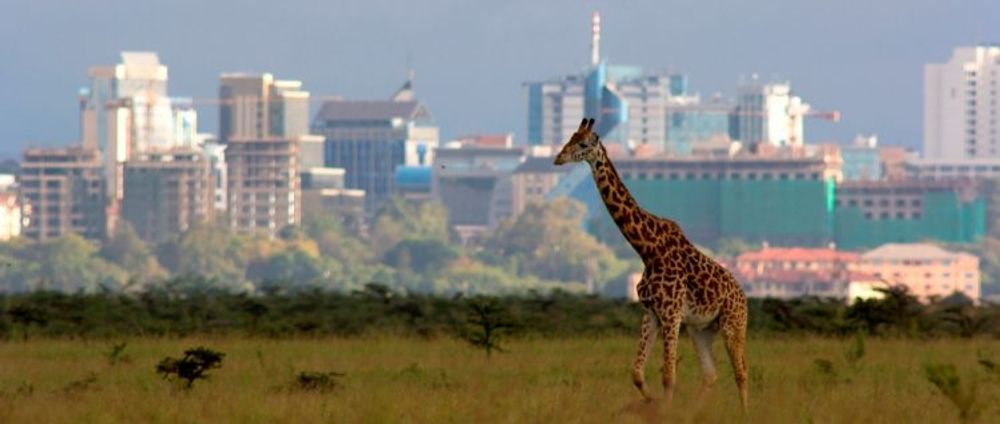
Kenya is seen as an easy country to do business in
Key to this growth has been the work done to help forge closer trade links with Asia, particularly inChina. Africa has also been a key beneficiary of China’s Belt and Road Initiative which was introduced by the Chinese government as part of its global development strategy to help build better infrastructure in 152 target countries, covering Asia, Europe, Africa, the Middle East, and the Americas.
The signing of the African Continental Free Trade Area last year, which covers 27 member African countries, is also seen by Standard Chartered as a real step change in the way the rest of the world will be able to view Africa in the years ahead as a much more viable, reliable and effective continent to be investing and trading in.
“Additionally, the growing young, digitally-savvy population and an increasing female workforce will aid in the continent’s economic transformation,” said Malik.
So whilst existing trade powers like China and India are still seen as strong growth target countries, it is the African economies that are best placed for the fastest periods of growth, largely because they are coming from a relatively low starting point, says the report.
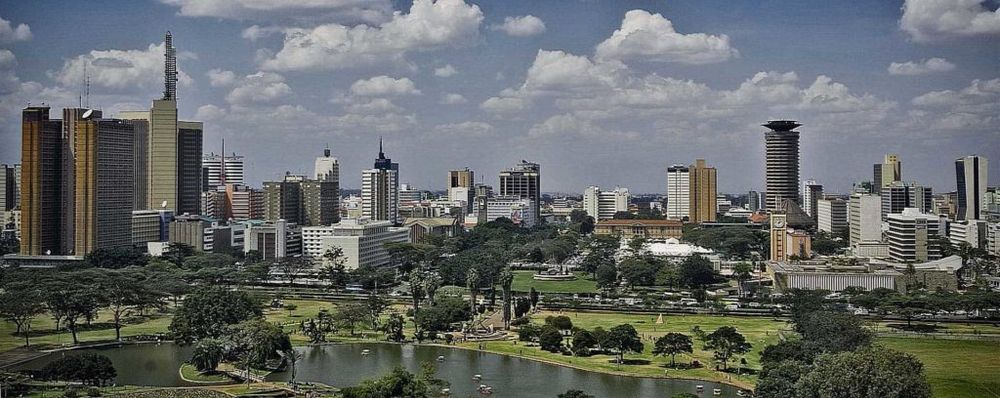
Rest of the world
The index also identifies what it calls “medium-sized trading economies” that includes large areas of South East Asia, including Vietnam, Indonesia and Thailand, all described as being well placed “to continue to make good progress”. The Philippines also makes it into the Top 20 with a prediction it will “join the so-called ‘7% Club’, with a GDP growth rate of 7% or more over the next decade”.
Ireland is notably the only country in the EU to make the Top 20 and that is “largely based on its success in attracting increasing amounts of foreign investment, with corporates encouraged by its low corporate tax rates and its status as a ‘launch pad’ to the rest of
Surprisingly Oman was highest performing economy in the Middle East, and scored so highly due to its proven ability to expand without an over reliance on oil.
Elsewhere Chile was the only Americas country to make the Top 20, and did so due to its “strong economic dynamism score” and a good “trade readiness” ranking. “Infrastructure and e-commerce improvements have helped to increase the market’s trade growth potential,” says the report.
Changing world
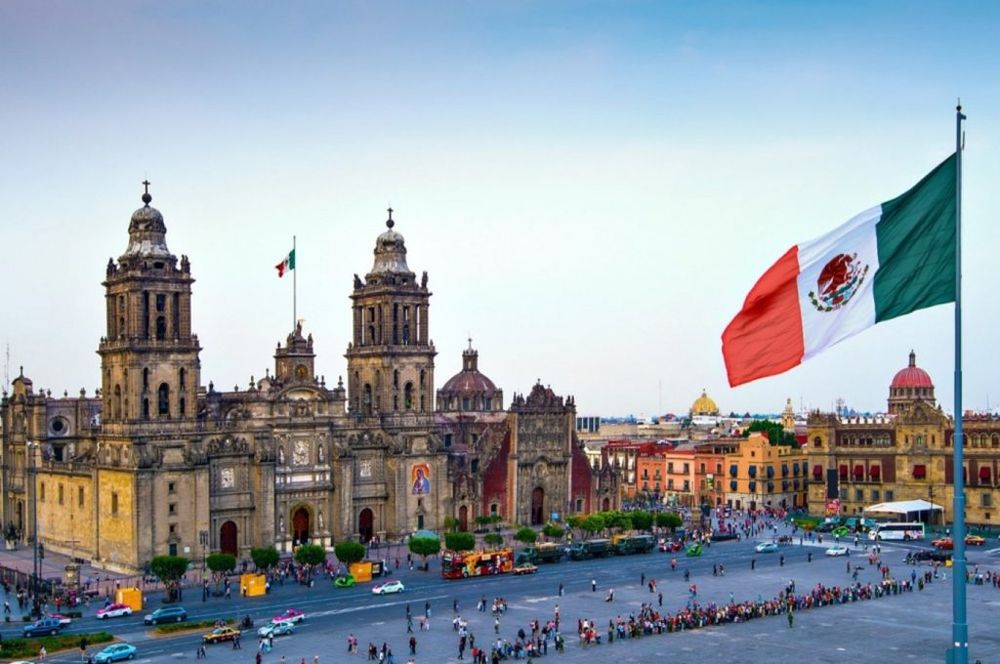
Mexico City is lauded as being a top prospective place for business
What the Standard Chartered report shows is how the global picture changes markedly when the world’s economies are judged on its three parameters of readiness, dynamism, and diversity.
The US, most countries in western Europe and Russia all stand out and score highly on export diversity, but the US and Europe are noticeable by their absence in the world’s Top 20 when it comes to trade readiness. That’s where the balance switches to Western and Eastern Africa, the Middle East, the majority of Asia and Russia.
The picture is different again in terms of economic dynamism where some of the world’s largest players, the US, China and India, step aside to be replaced by western Europe, Mexico, Peru, parts of Africa (Sierra Leone, Ivory Coast, Ghana and Tanzania) and Asia (Malaysia, Vietnam and the Philippines).
Economic dynamism sees Mexico coming to the fore with what Standard Chartered sees as benefiting from its strong presence in manufacturing and electronics. It’s also where France, the UK, Spain and the Netherlands also stand out to a more or lesser degree. The UK clearly has Brexit to sort out,France needs to build on an already strong export network, and Spain is seen as having a more secure economy than it has had for some time.
It makes for a fascinating and very different tour around the world’s economy. To have a go yourself click here and to get the full report click here.
